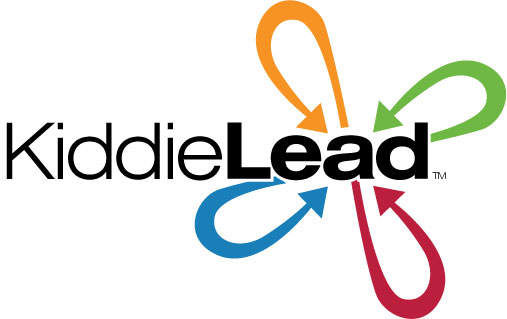
The Social Influence Survey (SIS) For Ages 2-5
Welcome to the KiddieLead Social Influence Survey (SIS). The purpose of this free assessment is to assist parents, early childhood educators and caregivers in identifying leadership aptitude in children between the ages of 2-5. The hope is to identify the very young who demonstrate a natural aptitude for leading, for more intentional development. Adults respond to 25, multiple-choice questions regarding a child’s observed social behaviors. NOTE: Results are sent via email, only to the addresses placed on the form. (Check “junk” file if you do not see it in your Inbox.)
Explanation: This version of the SIS is designed to identify children with natural leadership aptitude, deemed “early bloomers,” whose actions might otherwise be overlooked or misunderstood. We’ve found that these students tend to possess the ability to learn leadership skills earlier than others, especially by the age of 10-12, thus we refer to it as an aptitude. The SIS does not claim to reveal an absence of leadership potential. (Use the NYLI to assess students of ages 6-18.)
Directions
SIS results reliability depend on the quality and quantity of observation. Responders may include parents, relatives, caregivers, school and religious teachers, coaches, after-school program directors, family friends, and neighbors. There are no right or wrong, good or bad answers. Mark the response that seems to best reflect how you have observed the child. If you do not feel you can adequately answer a question, mark “Unsure.” All questions must be answered to submit a survey.
Results: Adults respond to questions about a child. Email addresses placed in the e-mail slot(s) receive scoring results and feedback. This data may be used for research purposes, but names and contact info will not be shared with anyone else.
Note to Educators & Parents: Teachers, we’ve found that educators sometimes confuse academic skills with leading. Please try to distinguish between these when you respond; think in terms of the student’s social skills and ability to influence others toward a common goal (leading). We’ve also found that sometimes parents like to project their wishes onto their children, so as much as possible, strive to be objective in terms of actual behaviors witnessed in social settings.
